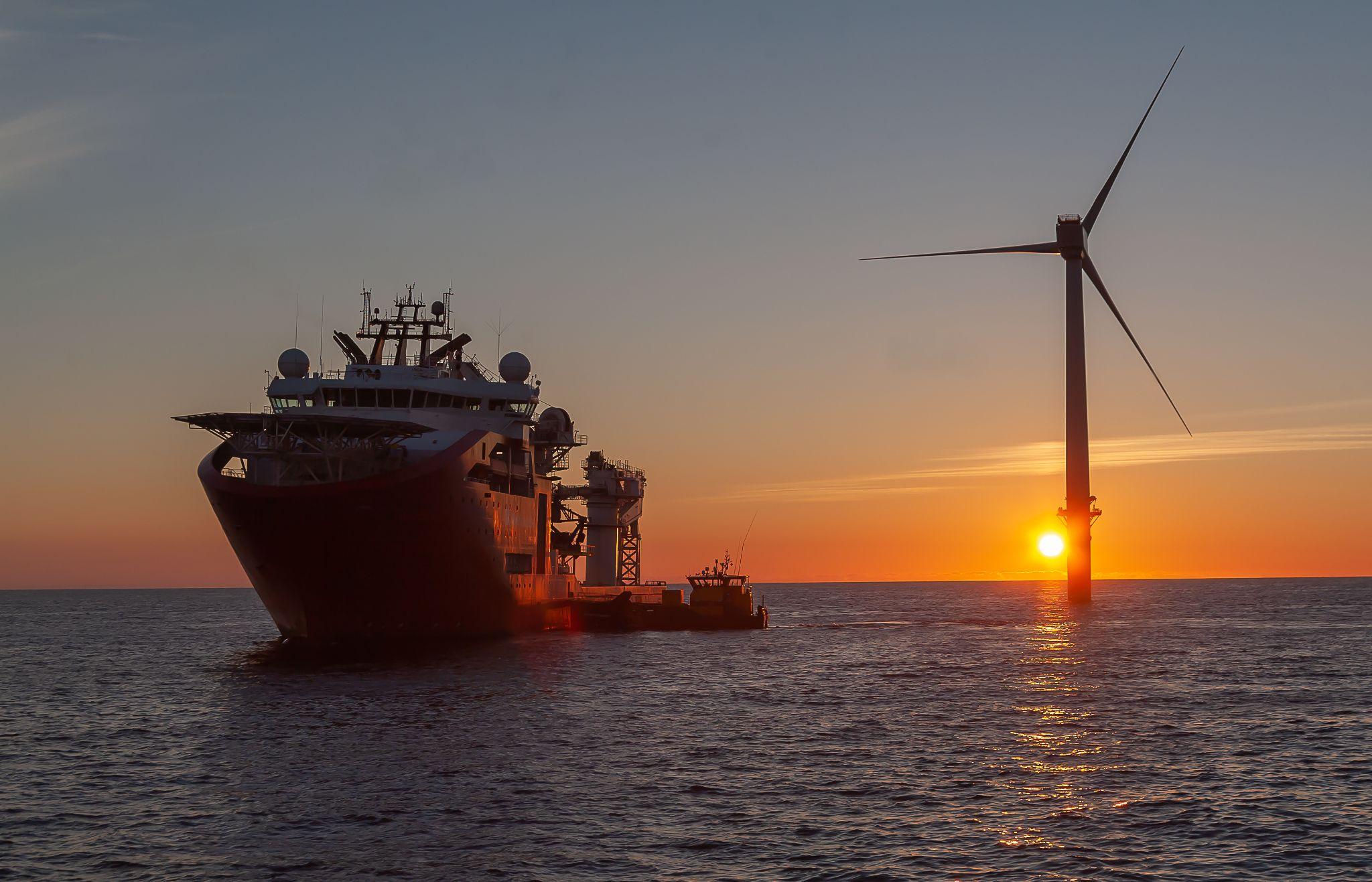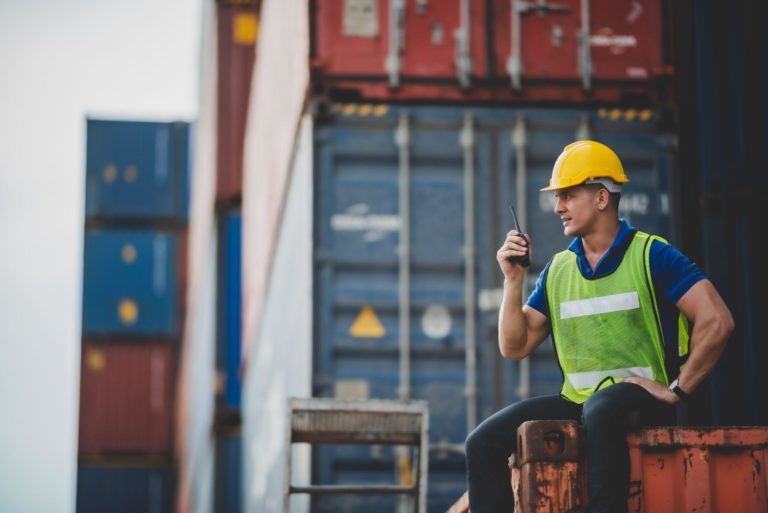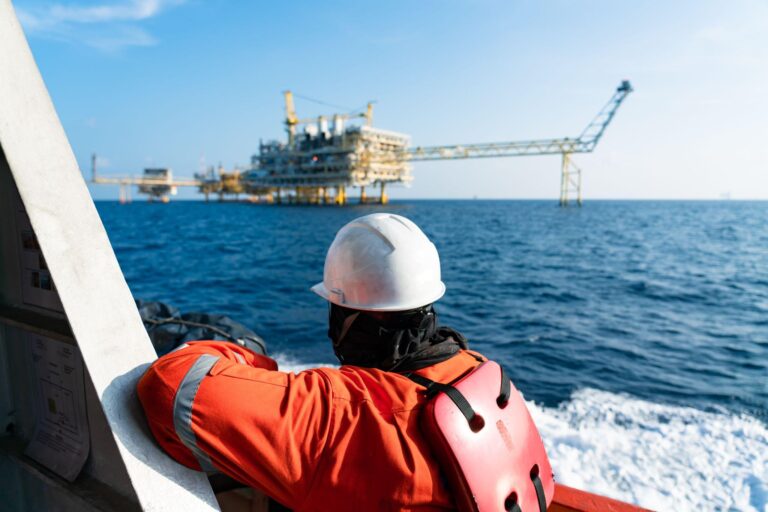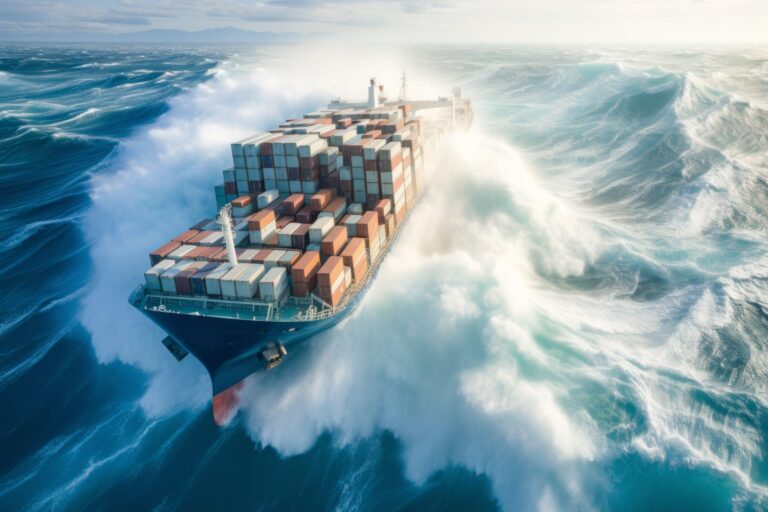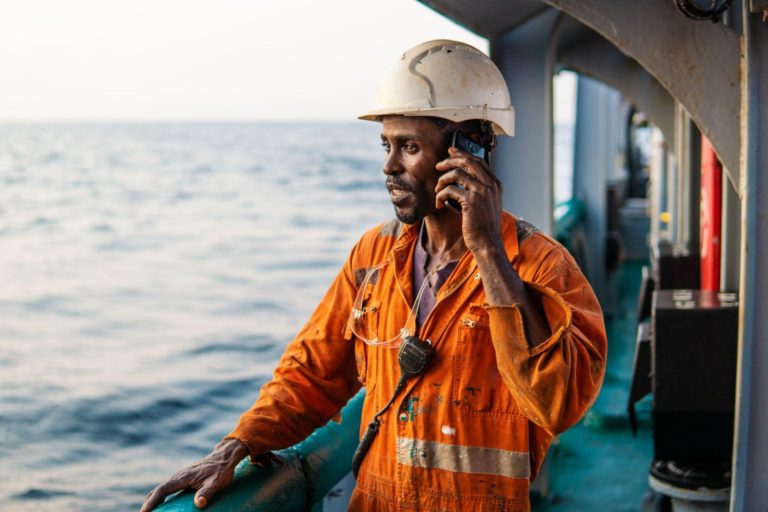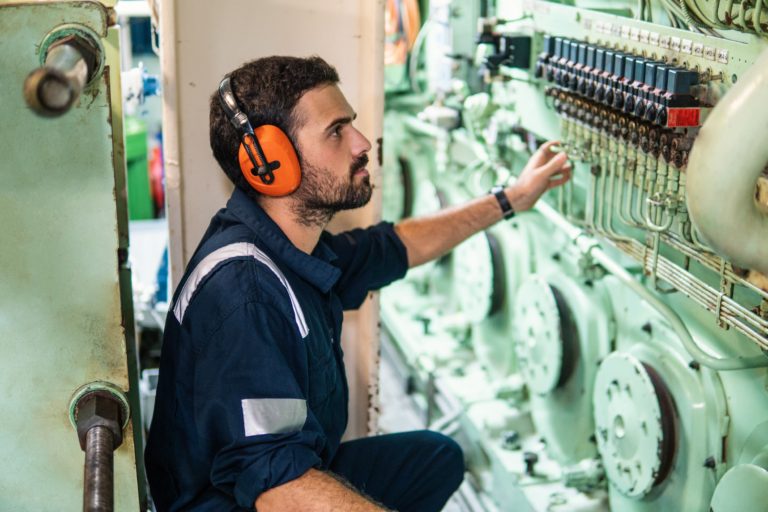GPS systems and other modern technology has revolutionized the seafaring industry. However, vessel collisions continue to occur, which all too often result in seamen sustaining serious injuries or losing their lives.
Vessel Collision Types
There are many ways that commercial vessels can collide, and the fact that more vessels are traveling global waters each year means that the collision risk is only increasing. Collisions can lead to injuries and fatalities whether or not two vessels are involved.
An allision is a collision that occurs between a vessel and a seawall, bridge, or another stationary object.
The bow-on collision involves two vessels which meet in a head-on collision.
In a side collision, one vessel strikes another vessel in its side with its reinforced bow. The impact of this type of collision often causes a hole to be torn in the lower decks of a vessel, flooding crew sleeping quarters and communal areas. As a result, these types of accidents typically cause a high number of casualties and injuries.
A stern collision is that which occurs when a vessel is struck in the rear by another ship. This can also cause significant damage to cargo. Any hazardous, flammable or otherwise dangerous materials stored here can result in a fire, explosion, or leakage.
Typical Injuries Associated with Vessel Collisions
Vessel collisions, whether they involve other ships or not, can result in serious injuries and fatalities.
The impact of a sudden collision can easily cause a seaman to fall, which can cause fractures, spinal cord injuries, broken bones, sprains, bruising, and lacerations.
Seamen forced to abandon ship due to an explosion, fire, or another result of a collision can drown or develop hypothermia if afloat in cold waters, which can lead to irregular heartbeat, vital organ failure, or death
The trauma experienced as the result of a vessel collision can lead to the development of post-traumatic stress disorder (PTSD), the symptoms of which can take days, months, or years to manifest.
Vessel Collision Causes
Finding the cause of a vessel collision can be difficult, but as experienced maritime injury attorneys, we have been able to help our clients by identifying accident causes and proving negligence caused by:
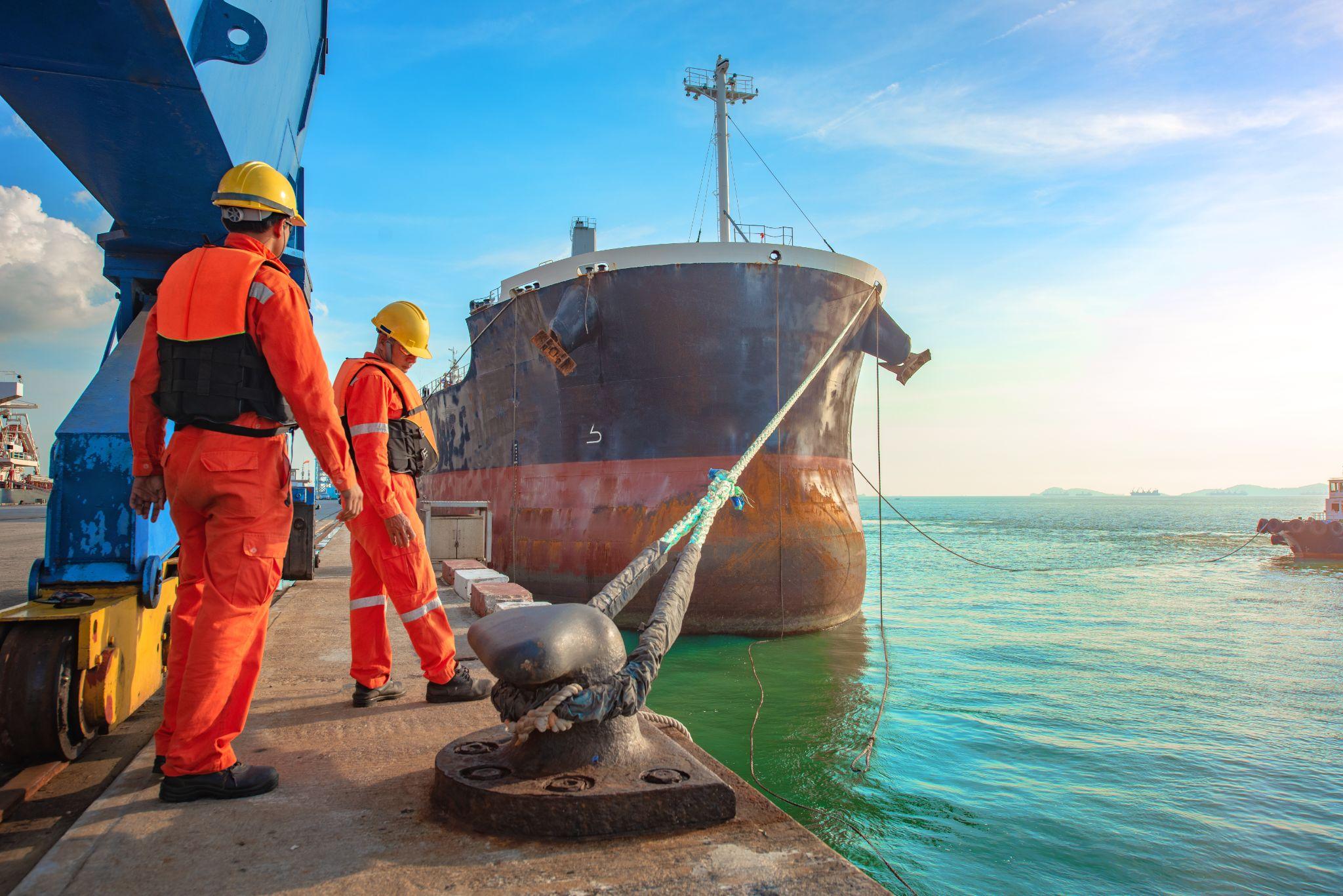
Navigational error – Modern ships have many types of navigational technologies, but all too often abandon radar and visual lookouts in favor of these digital systems, which can cause collisions.
Human error – This is the top cause of collisions and includes errors in communication, unfamiliarity with local maneuvers and traffic patterns, and the misjudgment of distance between vessels when passing.
Mechanical or systems defects or failures – Engine problems, alarm system defects, and failures in communication equipment are just a few of the components on a ship that can cause collisions and injuries to crew members.
Lack of communication in high-traffic areas – Constant communication is necessary to minimize collisions in areas of high traffic. Not maintaining this communication can cause collisions and place seamen and on-shore employees at risk of injury and liability.
Negligence in weather events – No captain can control weather events, but they can control their responses to them. All too often, the actual cause of a weather-related collision is negligence; not heeding ice floe warnings or acting accordingly during periods of poor visibility can lead to severe or fatal injuries to crew.
Who Is at Fault?
Too often, shipowners, captains, or companies actively attempt to avoid liability for vessel collisions, though aware of their responsibility to maintain the safety of their crew and vessel. The same is true of insurance adjusters for shipping companies, who often try to blame collisions on weather and other factors they define as unavoidable.
The reality for injured crew members and the families of seamen who have perished as the result of a collision is that their lives will never be the same. Injuries can end a seafaring career and destroy a maritime employee’s quality of life, and the loss of a family member at sea can cause immeasurable grief.
Contact Our Experienced Maritime Injury Lawyers Today
Maritime law requires specific experience that falls outside the realm of other types of personal injury or compensation claims. Schecter, Shaffer & Harris have a combined 145 years of trial experience in maritime law. We have recovered over $800 million dollars for clients, including the largest single injury Jones Act settlement of $17.5 million.
If you have been injured or have lost a family member as the result of a vessel collision, call us for your free and confidential consultation: 1-800-836-5830.

